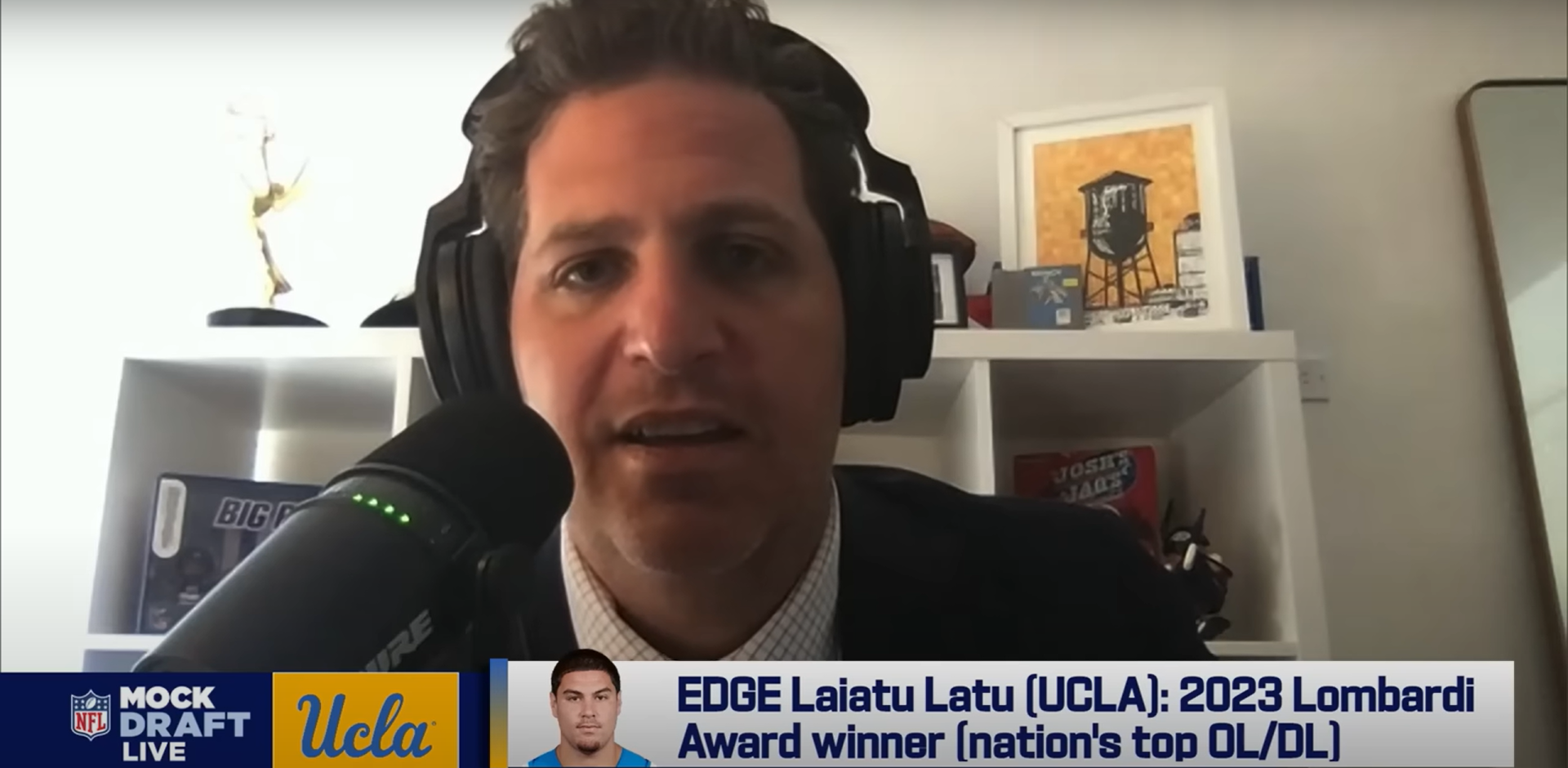Every year, Major League Baseball celebrates Jackie Robinson breaking the color barrier. On April 15, 1947, Robinson debuted for the Brooklyn Dodgers to become the first African American to play in the MLB. It’s one of the most iconic moments in American history.
As important as that day remains, it wasn’t the first time a Black man played professional baseball with Whites.
Moses Fleetwood Walker appeared in 42 games for Toledo Blue Stockings in 1884. It wasn’t until the rise of segregation and the implementation of Jim Crow laws that baseball completely existed in separate worlds. For far too long, MLB was a ‘Whites Only’ institution. That led to the formation of Negro League baseball.
The new documentary The League adds essential details and context to these African American pioneers. Baseball is America’s most historic sport. But the stories of the Negro League are often overlooked, dismissed, or flat-out forgotten. Most people have heard of Robinson. But how many know of Satchel Paige, Josh Gibson, or Cool Papa Bell? They are all enshrined in the Baseball Hall of Fame. And yet, like so many others, they’r not immediately recognized by younger generations.
The League aims to educate and entertain. This Magnolia Pictures film is directed by Sam Pollard (MLK/FBI) and executive produced by Questlove (the Oscar-winning Summer of Soul). The League examines what led to the rise of the Negro Leagues in the first half of the 20th century and what contributed to their demise. The reasons for both aren’t simple. What is clear is how much these leagues were a source of African American pride and how much impact they had on the game.
Black baseball was a huge part of Black communities during a time of prejudice and violence. The League details how racism and socioeconomic factors led African Americans to create their own institutions (schools, businesses, etc.) and their own forms of entertainment. What’s so fascinating about The League is that it tells not only the tales of the players, but also of the entrepreneurs who worked hard to create and sustain these leagues.
Even diehard baseball fans might not be aware of Rube Foster, “the father of black baseball.” He was a pitcher, manager, and executive who created the Negro National League. According to the documentary, his long-term vision was to have his league eventually merge with MLB, just like the NFL with the AFL and the NBA with the ABA. Also, viewers will be intrigued by people like Effa Manley, the co-owner of the Newark Eagles and the first woman admitted to the Baseball Hall of Fame.
The Negro Leagues had profitable teams and great players. They also had to overcome the barriers of racism. The League makes it clear that integration in baseball might have happened earlier if not for MLB Commissioner Kenesaw Landis’ staunch opposition.
In a cruel twist of fate, once Robinson made history, that marked the beginning of the end for the Negro Leagues. MLB raided them for their best players, sometimes without compensation or even a courtesy call. Branch Rickey, who famously signed Robinson from the Kansas City Monarchs, is portrayed as a ruthless businessman in this documentary.
To paint MLB as villains would be too simplistic. The League expertly explains how progress often comes at a cost. As more Black stars entered MLB, the interest in the Negro Leagues understandably waned. The audience vanished. So did this unique part of sports history.
But Negro League baseball mattered. The League explains why.
The League is showing in theatres and is scheduled to be available to watch on-demand on Friday.






